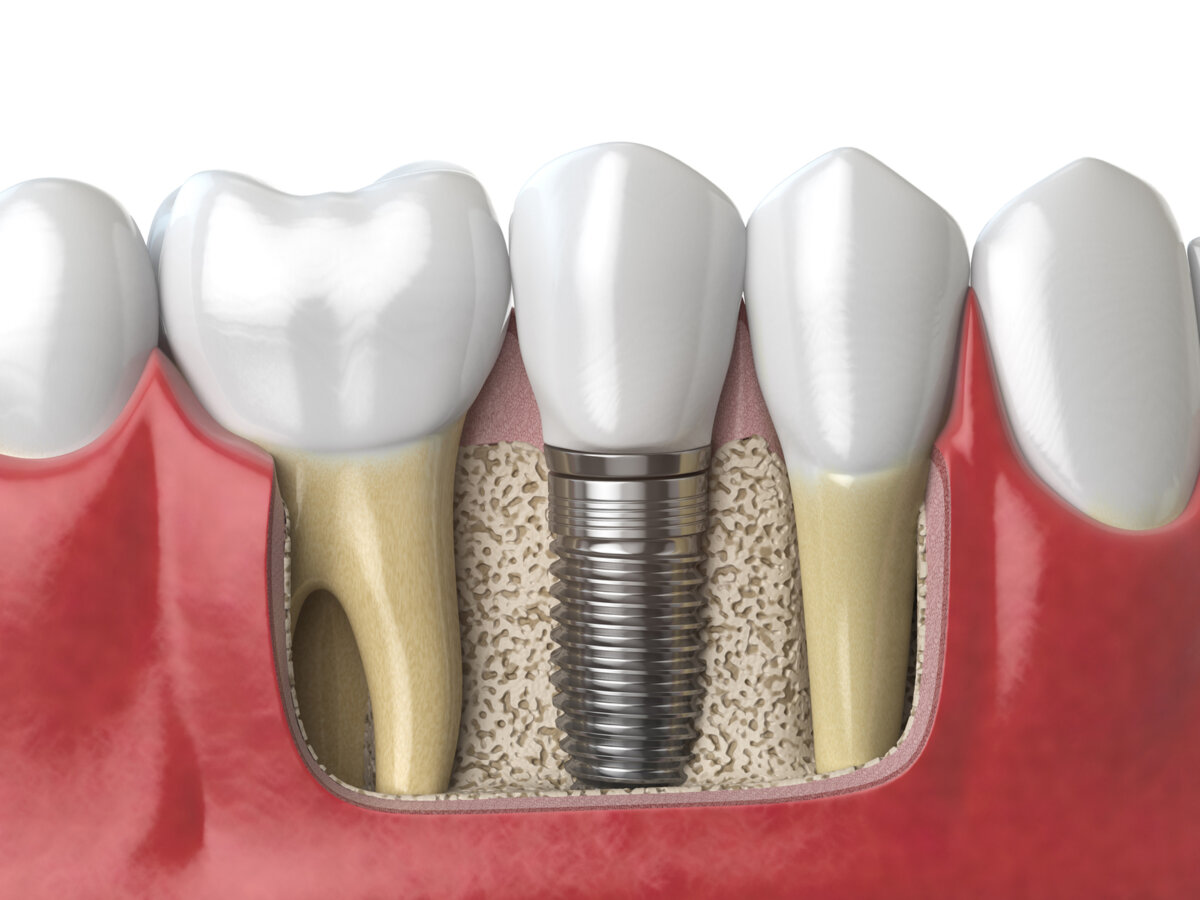Blog
Dental hygiene tips for healthy teeth & gums

What is Dental Implant Abutment?
To understand abutments, you first have to understand what a dental implant is. A dental implant is an artificial root where your jawbone fuses to create a secure foundation for an artificial tooth or restoration.
What is a dental abutment?
Abutments are simply connectors between the implant (root) and restoration (teeth). They are usually made from titanium, although other materials such as gold, zirconia, stainless steel, etc. are also used. Furthermore, your dentist can better advise you on the material, type of procedure, and whether an abutment is necessary.
Healing screws are sometimes recommended to facilitate tissue and gum regeneration. These have a bigger width to make an area for the crown (synthetic teeth or cap) however might not be relevant in your particular dental implant needs.
How are dental abutments installed?
The abutment is placed during an initial operation or a subsequent operation at the same time as the implant. The original implant is first exposed through a small incision to place the implant abutment.
At this stage, the abutment is fixed temporarily or impressed and fixed as a final installation after the gums have healed. Moreover, the healing time for abutment teeth is usually 4-6 weeks.
Dental Abutments Aftercare
- Follow proper food and care guidelines during the healing process.
- Brush your teeth two times a day using the right brushing technique. Combine it with an interdental brush or interdental cleaning with an interdental brush at least once a day.
- Make an appointment with a dentist to guide you if you have any problems.
- Drink plenty of fluids and avoid consuming hot liquids or food. Return to consuming a normal diet as soon as possible unless instructed otherwise.
- Post-operative discomfort can be controlled by appropriate use of Aspirin, Advil, or Tylenol as needed. Antibiotics can be used to reduce the risk of infection after surgery. These antibiotics must be taken as prescribed after surgery.
To know more, you must consult a trusted dentist as soon as possible and avail reliable treatments.
Schedule your appointment with a dentist today and get the treatment on time!
